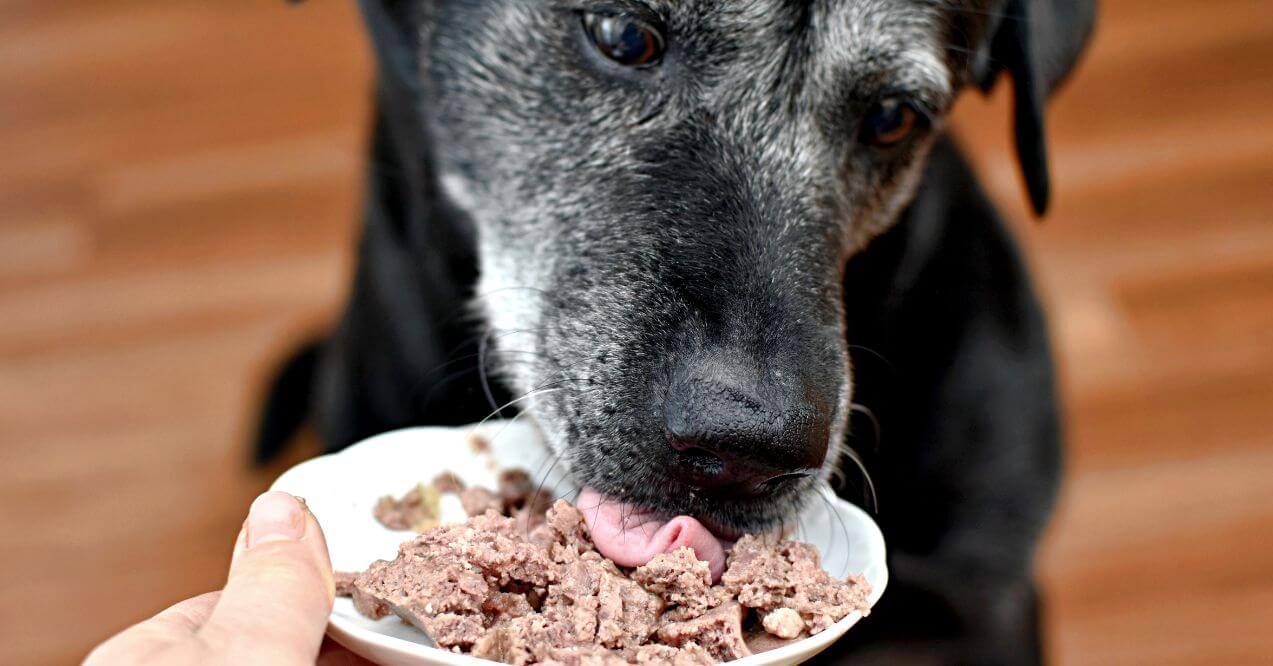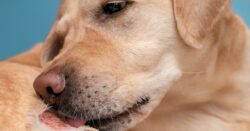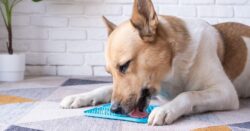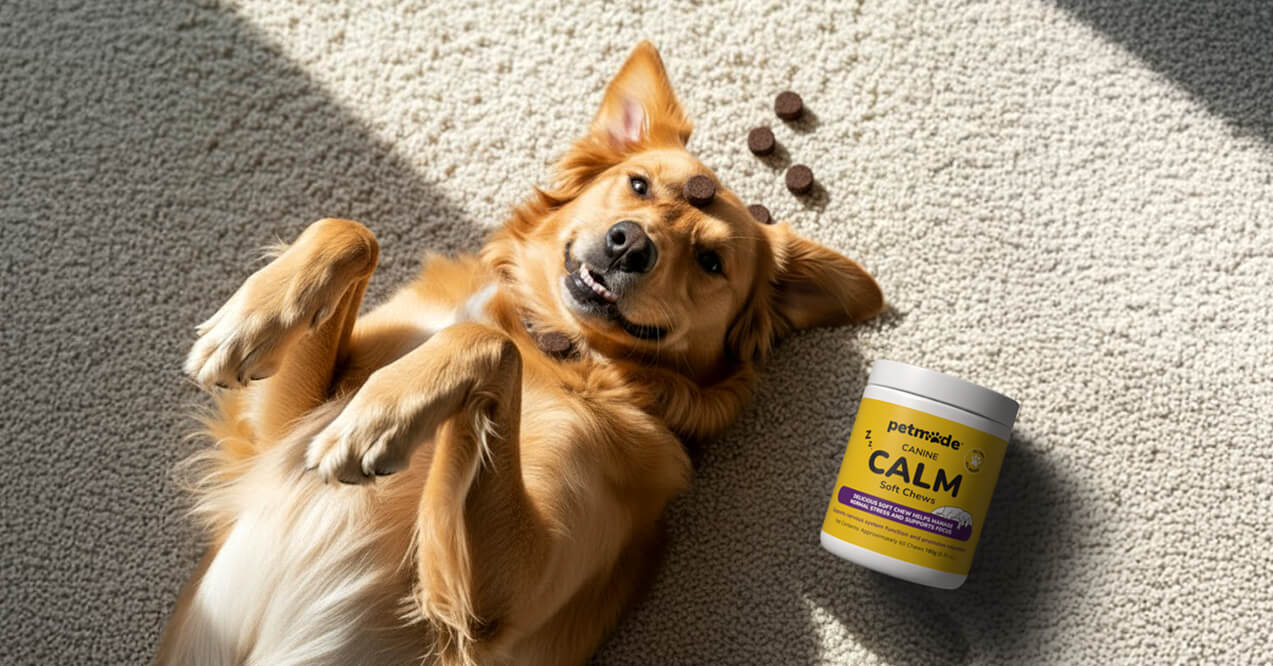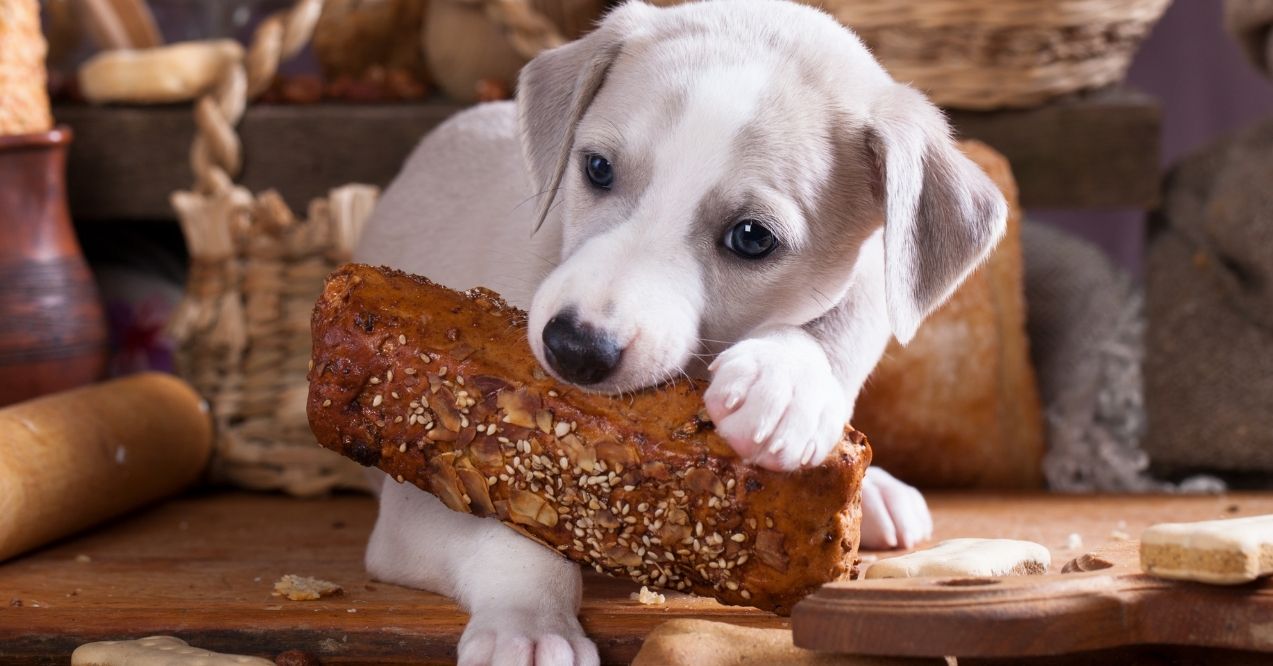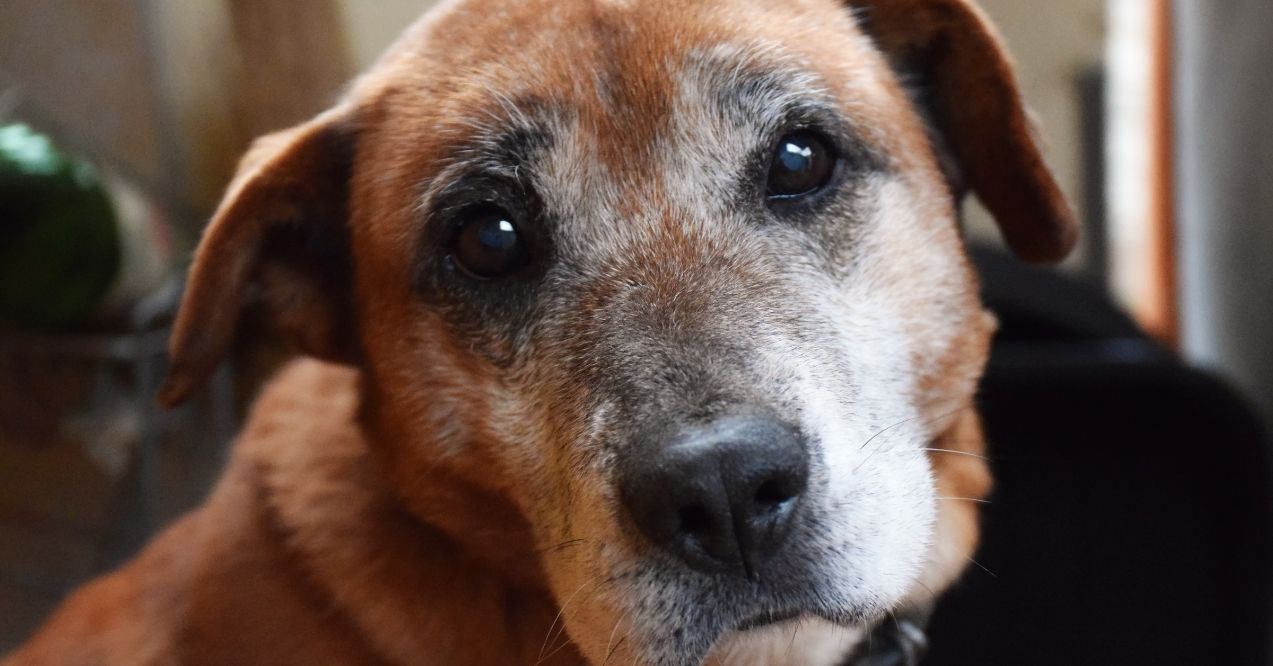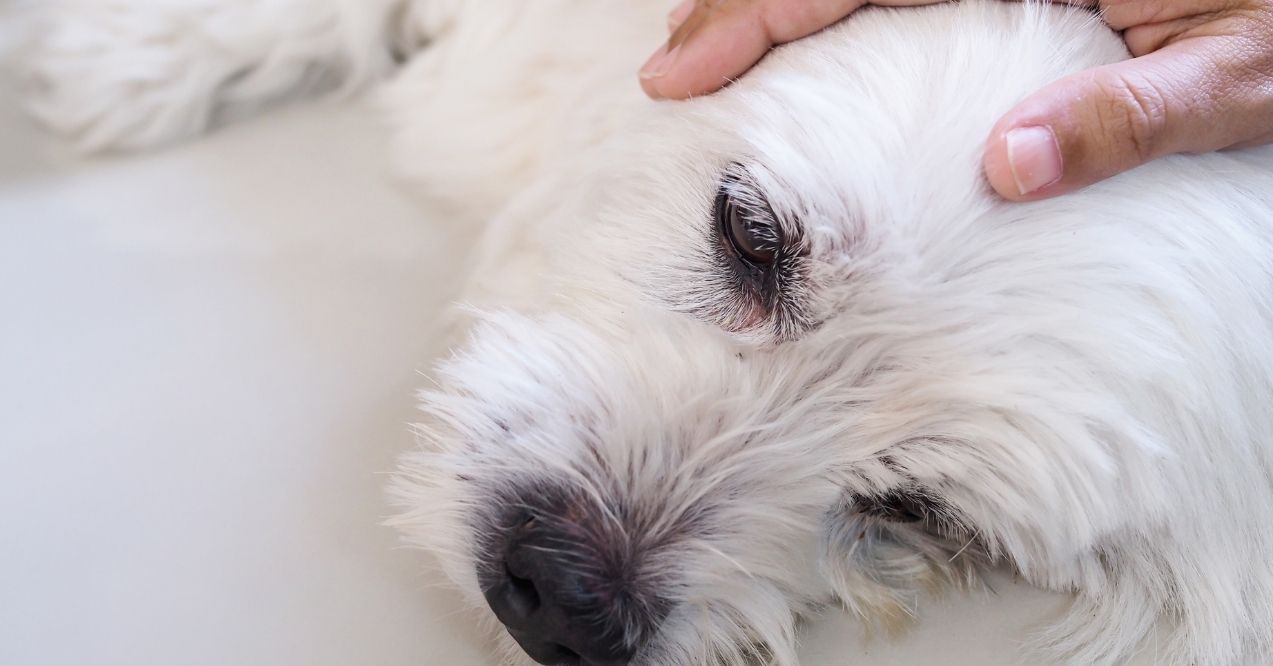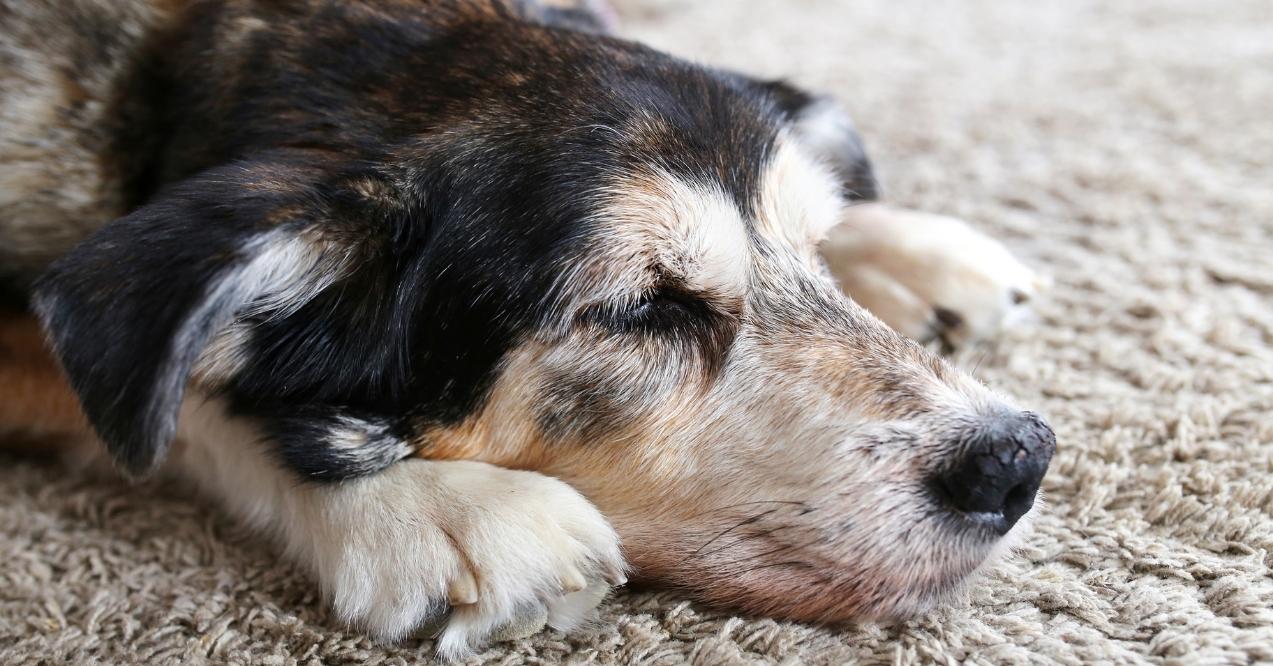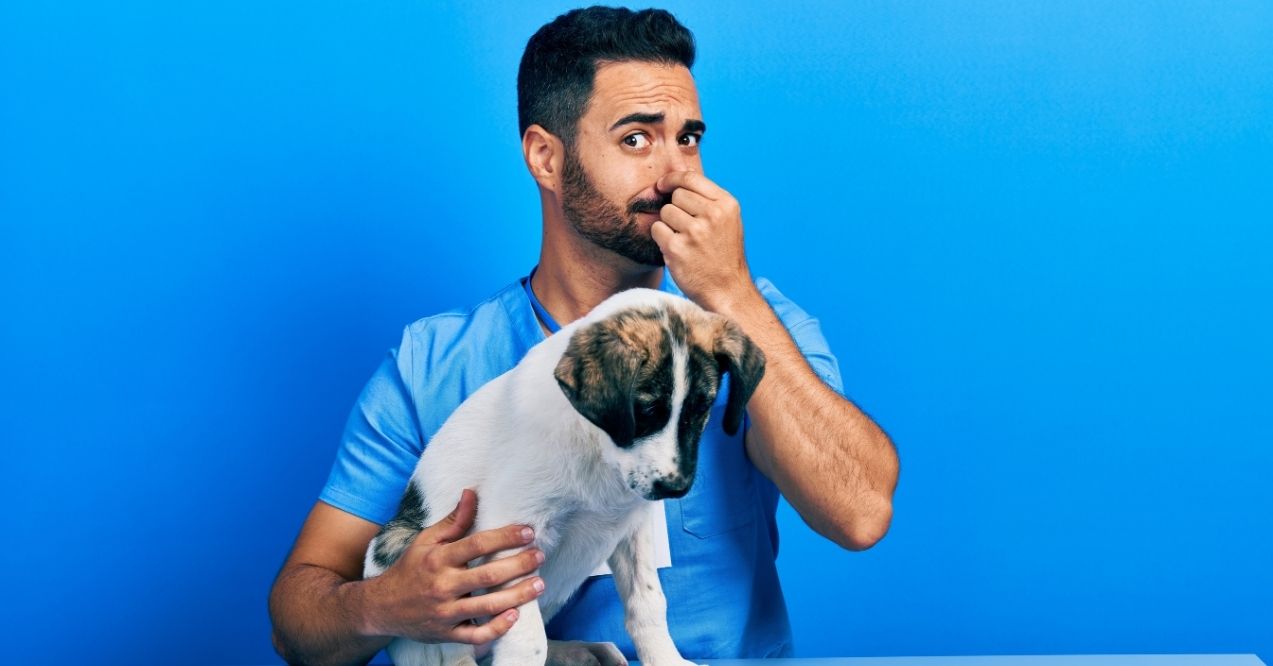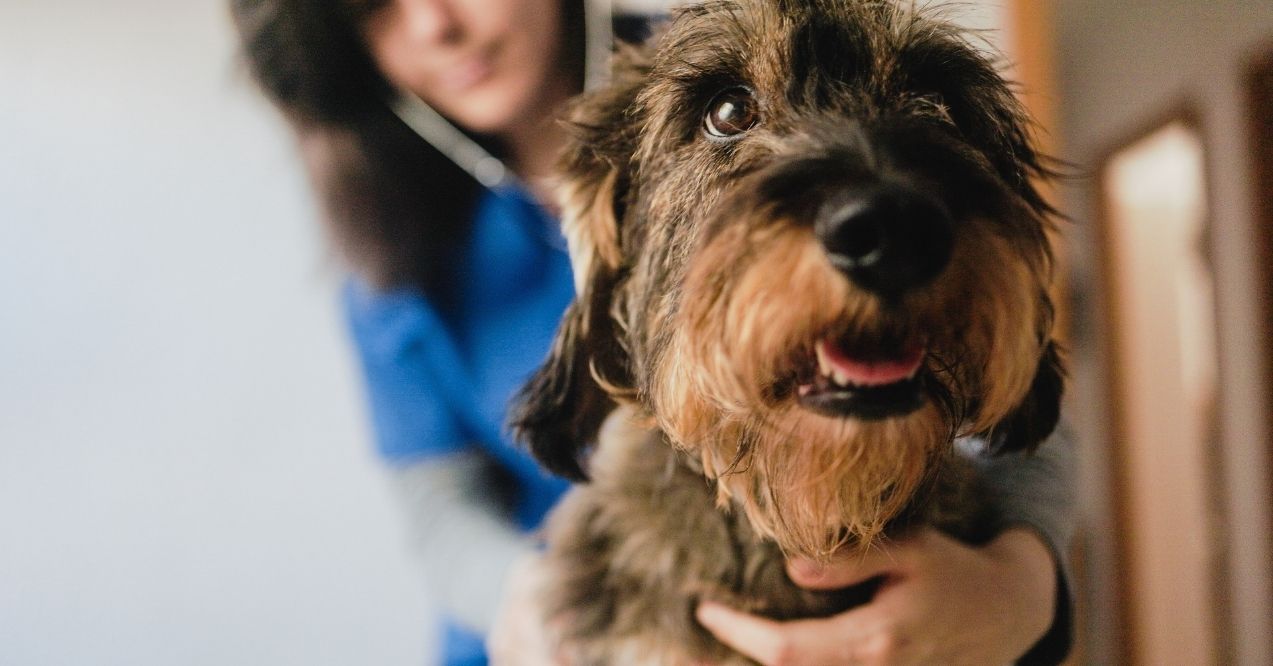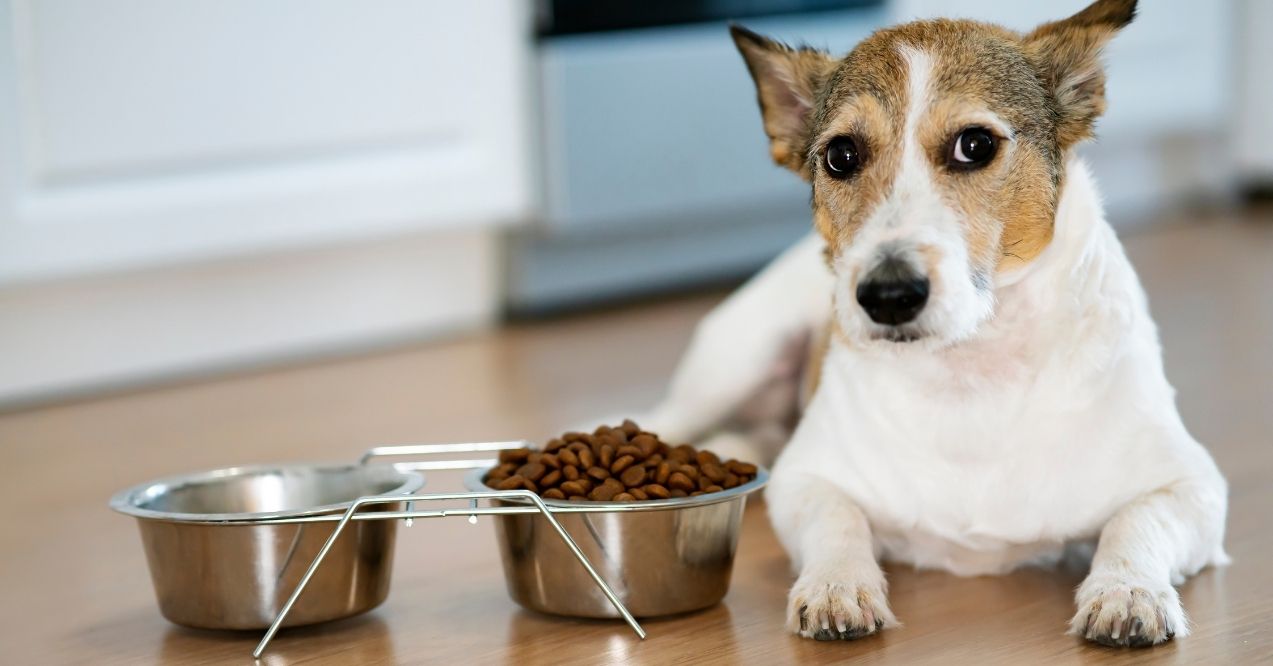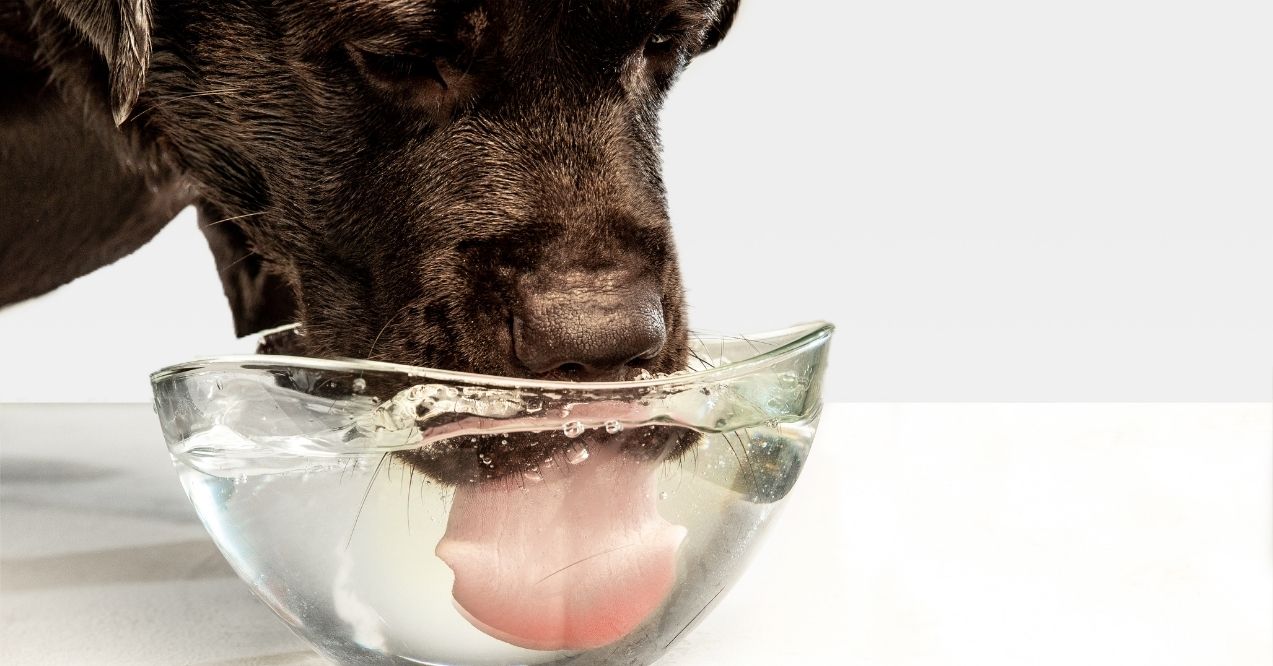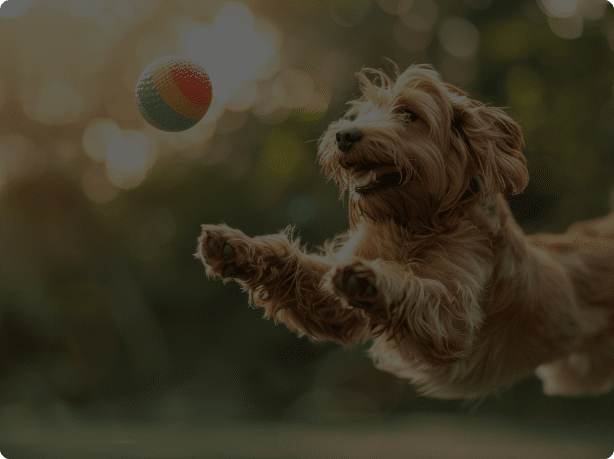Weight Loss in Older Dogs: Tips and Help
Weight loss in older dogs can be concerning for many pet parents, especially when their furry friends seem to be eating normally. While some gentle changes in weight are natural as dogs age, maintaining a healthy weight is crucial for their wellbeing. This blog will explore practical ways to support your senior dog’s nutritional needs and share tips to help your older companion stay strong and energetic in their golden years.
Why Is My Senior Dog Losing Weight but Still Eating?
Why is my senior dog losing weight but still eating? This common question often leaves pet parents puzzled and concerned. While your furry friend might be enthusiastically finishing their meals, several underlying factors could explain their weight changes.
Common Health Conditions That Can Cause Weight Loss
Several conditions can impact your senior dog’s ability to maintain a healthy weight. These might affect how their body processes nutrients or uses energy. Regular check-ups can help monitor these changes and ensure your furry friend receives proper support for their needs.
Caring for Your Dog’s Teeth to Prevent Weight Loss
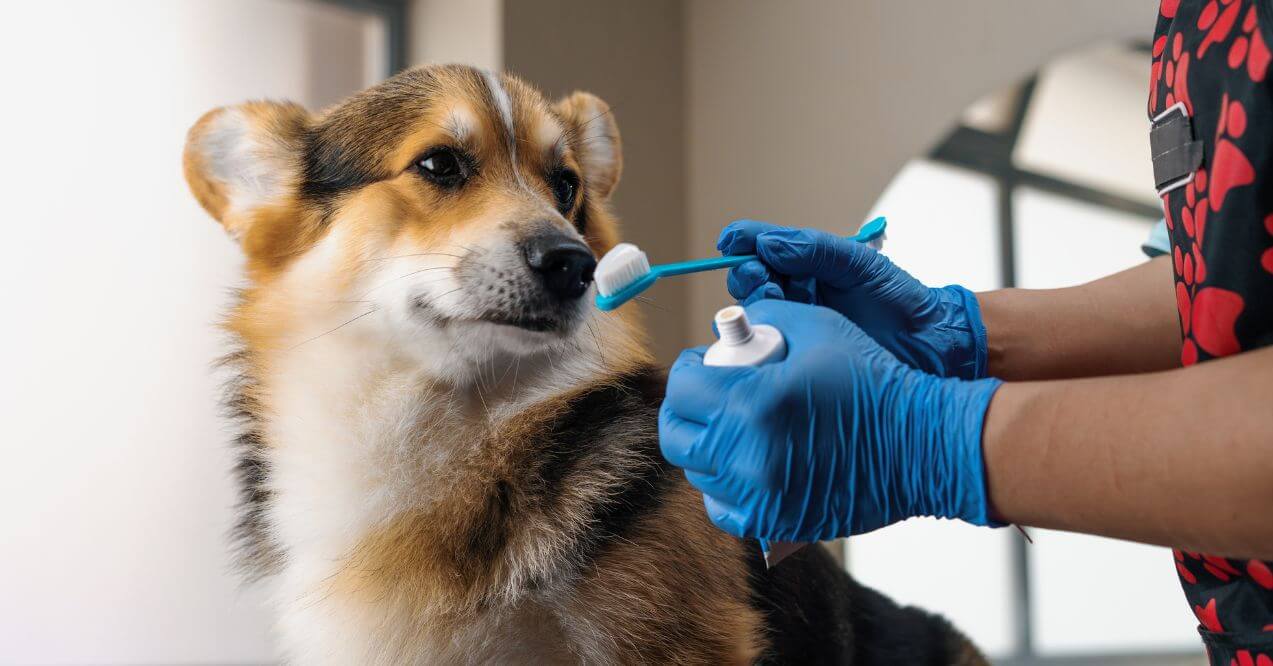
Dental discomfort often plays a surprising role when an old dog losing weight. Even if your pup seems eager to eat, sore teeth or gums can make chewing uncomfortable. Try offering softer food options that are easier to eat. Regular tooth brushing at home can help maintain oral comfort. Consider adding warm water to dry kibble to make it gentler on sensitive teeth while ensuring your senior companion gets proper nutrition.
When Should You Worry About Your Old Dog Losing Weight?
Weight loss in older dogs requires careful attention, especially when it happens quickly or without obvious cause. If your elderly dog losing weight, there are several signs that suggest it’s time to seek professional guidance.
- Sudden changes in eating habits
- Increased thirst and bathroom trips
- Less interest in daily activities
- Changes in energy levels
- Difficulty getting up or moving around
- Visible changes in muscle mass
- Coat looking less shiny than usual
Keeping Your Older Dog at a Healthy Weight
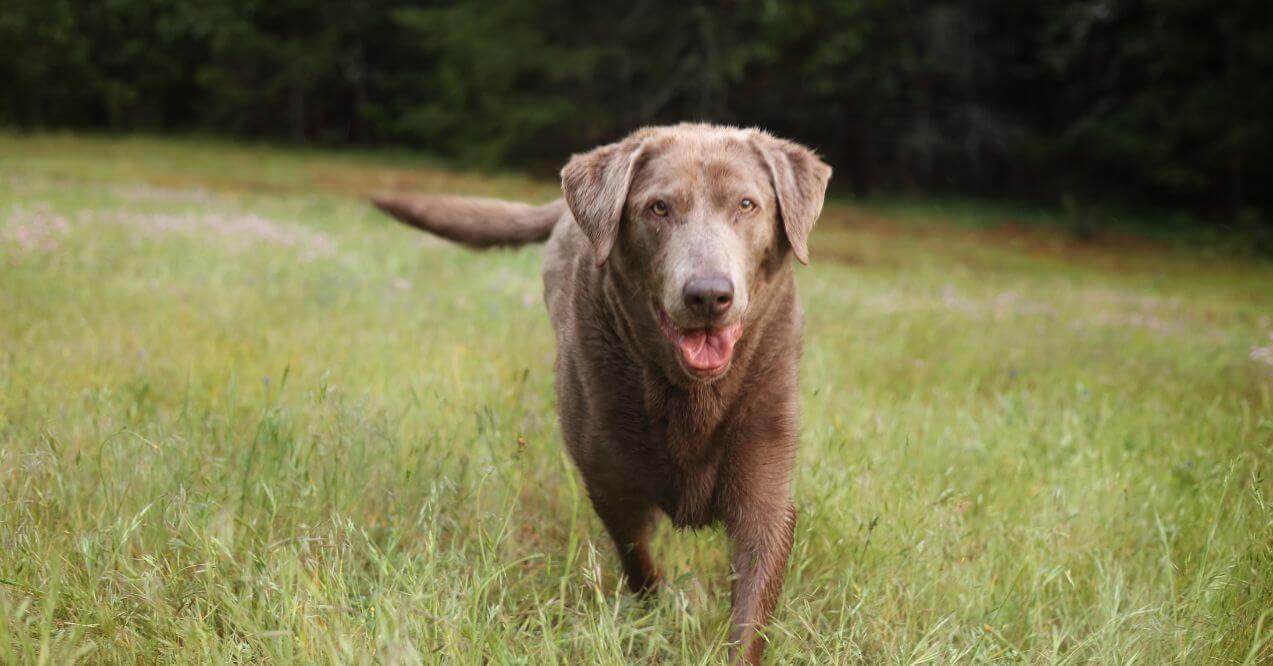
When you notice your dog losing weight but eating normally, making thoughtful adjustments to their diet can make a big difference. Think of your senior pup’s nutrition like a well-planned meal prep – it needs the right balance of nutrients to keep them strong and energetic. A well-planned diet supports healthy weight maintenance and helps your furry friend stay active in their golden years.
Protein-Packed Meals to Keep Muscles Strong
Lean proteins are your best friend when it comes to supporting your senior pup’s muscle health. Consider foods rich in quality proteins like turkey, chicken, or fish. Look for senior-specific formulas that offer higher protein content, which helps maintain muscle strength.
You can also prepare simple, protein-rich meals at home using lean meats mixed with dog-friendly vegetables. Just remember to transition to any new food gradually to keep your furry friend comfortable.
Supplements to Help Your Dog Digest and Absorb More Nutrients
Adding natural digestive boosters to your dog’s meals can help them get more nutrition from their food. Consider adding probiotics and natural enzymes to support better nutrient absorption. Many pet parents find success mixing a small amount of plain yogurt into their dog’s food or adding supplement powders designed specifically for senior dogs. These additions can help your older companion process their food more effectively.
Finding the Right Feeding Schedule for Your Senior Dog
If you still wonder why my old dog is losing weight, adjusting meal timing might be key. Instead of one or two large meals, try serving 3-4 smaller portions throughout the day. This gentle approach helps your senior friend digest food more comfortably and maintains steady energy levels. Additionally, you can place meals in quiet spots where your dog can eat without rushing, and keep meal times consistent.
Hydration Tips to Support Weight and Overall Health
Water plays a crucial role in helping your senior companion maintain a healthy weight. Make fresh water available in multiple spots around your home. Try adding low-sodium bone broth to meals for extra moisture and flavor appeal. Ice cubes can make drinking water more engaging, while wet food provides additional hydration.
Simple Ways to Boost Your Dog’s Appetite
Sometimes older dogs need extra encouragement to eat well. Try gently warming their food to release more appealing aromas. Adding a splash of low-sodium chicken broth can make meals more tempting. Hand-feeding can also work wonders – it turns mealtime into a bonding experience. Maintain a calm, positive atmosphere during meals, and praise your furry friend when they eat well.
Conclusion
Weight loss in older dogs may feel concerning, but with attention and care, you can help your faithful companion maintain a healthy weight. Remember that small, consistent changes in diet, feeding schedules, and hydration can make a big difference. By staying attentive to your senior friend’s needs and making thoughtful adjustments to their daily routine, you can help them stay strong, happy, and comfortable in their golden years.
Offer protein-rich meals in smaller portions throughout the day. Keep them hydrated, warm their food to enhance appeal, and consider adding natural supplements to support nutrient absorption. Maintain consistent feeding schedules.
Track their weight changes and eating patterns carefully. Watch for changes in energy, thirst, or bathroom habits. If they lose more than 10% of body weight or show behavioral changes, seek professional help immediately.
Try warming meals to release aromas, add low-sodium broth for flavor, and consider hand-feeding for encouragement. Create a calm eating environment and serve smaller, frequent meals in quiet spots.
Advertisement. This site offers health, wellness, fitness and nutritional information and is designed for educational purposes only. You should not rely on this information as a substitute for, nor does it replace, professional medical advice, diagnosis, or treatment. If you have any concerns or questions about your health, you should always consult with a physician or other health-care professional. Do not disregard, avoid or delay obtaining medical or health related advice from your health-care professional because of something you may have read on this site. The use of any information provided on this site is solely at your own risk.
